Tag:
provider bias
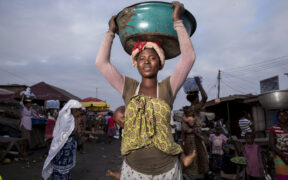
In Nigeria, orphans, vulnerable children, and young people (OVCYP) are the largest at-risk group amongst the entire population. A vulnerable child is below the age of 18 who is currently or likely to be exposed to adverse conditions, thereby subjected to significant physical, emotional, or mental stress resulting in inhibited socio-economic development.
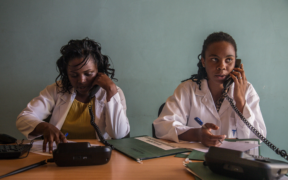
This article summarizes important findings from several Global Health: Science and Practice Journal articles that report on contraceptive method discontinuation and issues related to quality of care and counseling.
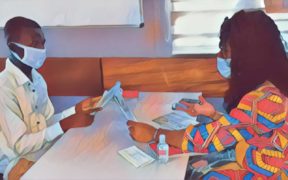
A major barrier to young people’s access and use of family planning is mistrust. This new tool leads providers and young potential clients through a process that addresses this barrier by fostering empathy, creating opportunities to improve youth family planning service delivery.
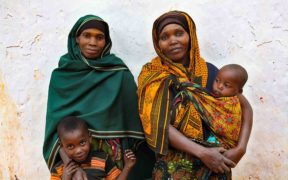
Before this remarkable year ends, we’re taking a look back at the most popular Global Health: Science and Practice Journal (GHSP) articles on voluntary family planning in the last year according to you—our readers—that garnered the most reads, citations, and attention.
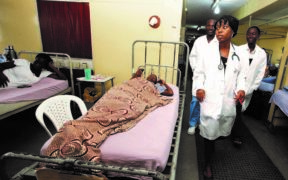
SHOPS Plus implemented a gender-transformative supportive supervision activity in Nigeria. Their goal? Improve performance, retention, and gender equity for voluntary family planning providers.













